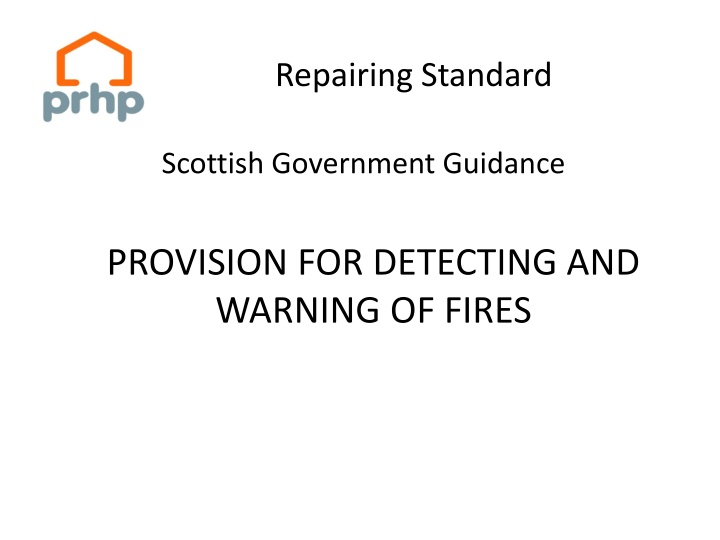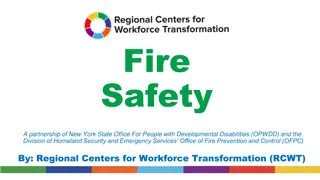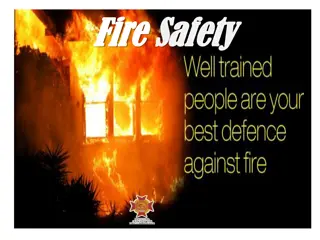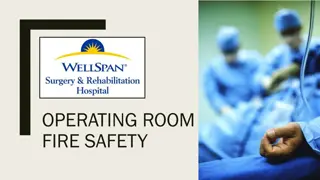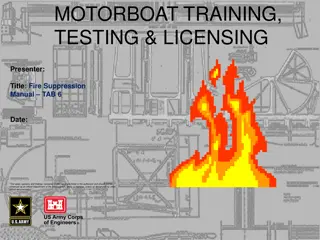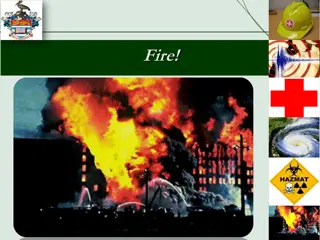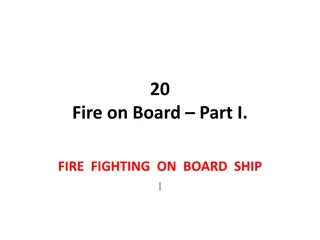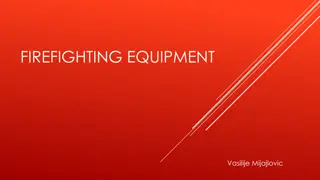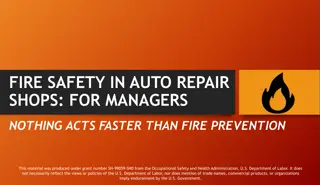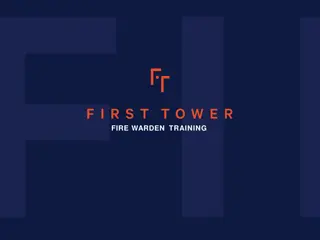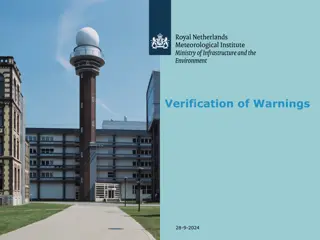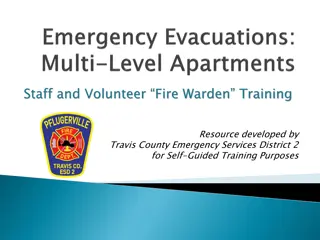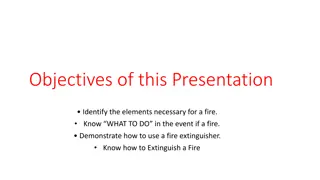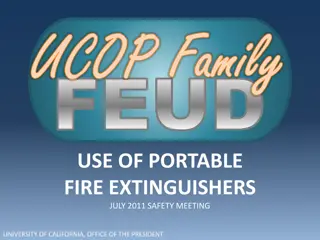Scottish Government Guidance on Fire Detection and Warning Provision
The Repairing Standard introduced by the Scottish Government mandates that all privately rented homes should have proper fire detection and warning systems in place. Landlords must ensure functioning smoke alarms in key areas and may need heat alarms depending on the property's features. Compliance with this standard is crucial for tenant safety, and landlords should seek professional advice to meet building regulations.
Download Presentation

Please find below an Image/Link to download the presentation.
The content on the website is provided AS IS for your information and personal use only. It may not be sold, licensed, or shared on other websites without obtaining consent from the author.If you encounter any issues during the download, it is possible that the publisher has removed the file from their server.
You are allowed to download the files provided on this website for personal or commercial use, subject to the condition that they are used lawfully. All files are the property of their respective owners.
The content on the website is provided AS IS for your information and personal use only. It may not be sold, licensed, or shared on other websites without obtaining consent from the author.
E N D
Presentation Transcript
Repairing Standard Scottish Government Guidance PROVISION FOR DETECTING AND WARNING OF FIRES
PROVISION FOR DETECTING AND WARNING OF FIRES When the Repairing Standard was introduced (3 September 2007) there was a transitional arrangement that allowed existing battery powered smoke detectors to be used for the remainder of their existing life. Any replacement detector after that date had to have hard wired fire alarms. However, all existing let property occupying more than one floor had to have hard wired and interlinked fire alarms.
PROVISION FOR DETECTING AND WARNING OF FIRES The Repairing Standard sets a high benchmark for smoke and fire detection, matching the standard required for new building and which is higher than many owner-occupiers will meet for their own homes. Now that any battery powered smoke detector in use in September 2007 should have reached the end of its life, all detectors should now be hard wired and interlinked.
PROVISION FOR DETECTING AND WARNING OF FIRES Scottish Government Guidance All privately rented homes should, if at all possible, meet this standard. However, the most important thing is that there should be some provision to detect fires and that this should be operational and in good working order. Landlords are entitled to rely on professional advice from qualified electricians on their compliance with the standards in building regulations.
PROVISION FOR DETECTING AND WARNING OF FIRES Scottish Government Guidance There should now be at least: one functioning smoke alarm in the room which is frequently used by the occupants for general daytime living purposes, one functioning smoke alarm in every circulation space, such as hallways and landings, one heat alarm in every kitchen, and all alarms should be interlinked.
PROVISION FOR DETECTING AND WARNING OF FIRES Heat alarm
PROVISION FOR DETECTING AND WARNING OF FIRES Scottish Government Guidance Landlords may be able to justify why a lesser level of protection is appropriate in a particular home such as:- Where the proximity of an open fireplace would make a detector impracticable, Where the cost of installing detectors would be prohibitive, Where the landlord intends to install detectors within a reasonable timescale as part of a programme of upgrading a property.
PROVISION FOR DETECTING AND WARNING OF FIRES Scottish Government Guidance If there is a requirement for the house to meet a more stringent standard of provision for detecting and giving warning of fire (for example, in a house in multiple occupation (HMO) requiring to be licensed, or under building regulations), then the higher standard must be met. The fitting of a hardwired smoke/heat alarm system may require a building warrant and landlords should consult the Building Standards department of the local authority.
